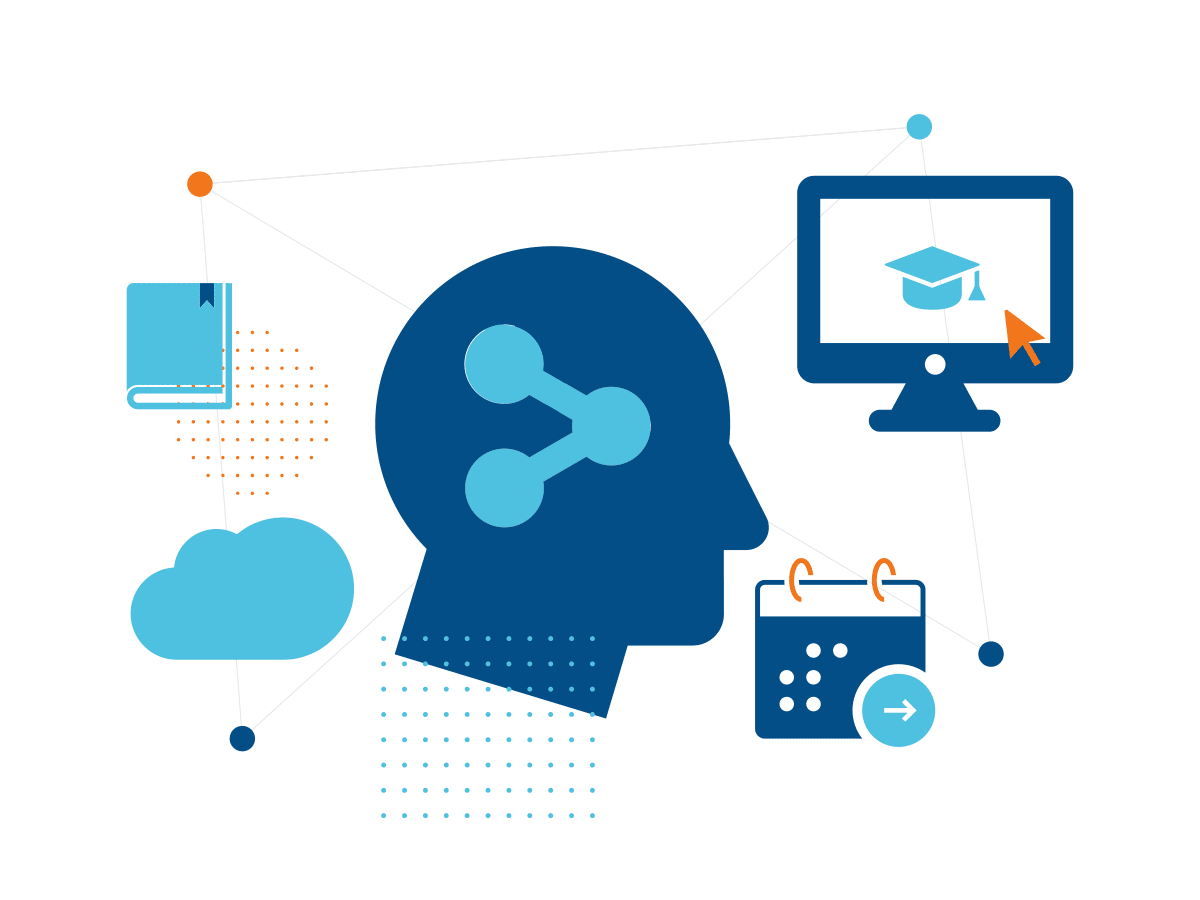Section outline
-


Faculty of Business and Entrepreneurship
Department of Real Estate
Level: Undergraduate, Program: BRE
Course Information:
Course Name: ICT in business with LAB
Course Code: 0611-116
Course Credit: 04
Core Course, Marks Assigned: 100
Instructor Information:
Tonmoy MalakerLecturer,
Department of Tourism and Hospitality Management
Faculty of Business and Entrepreneurship
Email No: tonmoy.thm0021.c@diu.edu.bd
Contact No: +8801303081678
MBA & BBA, Department of Management Information Systems (MIS)
University of Dhaka
Instructions/Guideline for the course:Students are required to follow these guidelines strictly:
- All the students registered for this course have to enroll in BLC.
- Students can find all the course materials from BLC.
- All the students have to submit the soft copy of their "Assignment" in BLC under the assignment section created here and for this, they will be graded here.
- One discussion or feedback forum is created under this course named discussion forum. Students have to give their feedback on any lecture and/or answer the questions asked for.
- Any announcement regarding the class will be posted on BLC. So they have to keep themselves always active on BLC.
- All the quizzes and presentation will be held online using BLC or any other online tools and it will be announced before the class.
- The question pattern and the syllabus for the quizzes, midterm, and final exam is given in this platform under each of the section (quizzes, midterm, and final).
- There is a forum under each module where students can discuss with each other about their learning progress, midterm, and final exam-related issue or any other problem regarding this course etc.
- Students are advised to attend the class on time, the class schedule may be changed due to unavoidable circumstances.
- The classes will be highly interactive. Students should actively participate in the class.
- Students must come to the class reading the chapter/subject that will be taught in the Class or watching the video that will be uploaded on this platform. The chapter/subject that will be taught in the next class would be mentioned in the previous class. In the live class, there will be discussion based on the course topic from the lecture module and students' interactivity to complete any assigned task.
- No Quiz or assignment will be retaken except for unavoidable circumstances. Students are advised not to bother the teachers in this regard.
- Plagiarism (copying or stealing from others) in any case will not be compromised.
- Don’t hesitate to ask any questions when you face any difficulty.
- Last but not least, try to enjoy the course; don’t take it as a course itself.
Course Description:
Today information and communication technology (ICT) can be regarded as a fundamental needs for running the business smoothly. That’s why businesses invest in ICT widely and apply it for increased productivity and employee morale. ICT is required for producing valuable information over time that is needed in virtually every field of human thought and action. ICT is useful for not only in business world but also in the individual level. At a personal level, if one possesses high-quality information he/she can take advantage of his/her future career opportunities and can be better equipped to make other personal decisions. That’s why the smartest person is one who acquires more knowledge than others. As we move through the fourth industrial revolution, people from all walks of life need to know about computers. If businesses want to function effectively in an information rich-society, it is necessary to use ICT.Course objectives:
It is designed as a core course for students pursuing a degree in the business field. The prime objective of this course is to educate students the information and communication technology applications in business. The specific objectives include acquainting them with different types of computers and their components, teaching various functions and usages of computers in diversified areas, making them understand of how operating system work, teaching number systems and their conversion, networking, electronic commerce, database, and security. Again, training students with some basic application software through lab classes is another objective.
- Looking Inside the Computer System
- Operating System Basics
- Transforming Data into Information & Number Systems
- Boolean algebra and Logic Gate
- Exploring windows, Microsoft Word.
- Types of Storage Devices
- Networking Basics
- Doing Business in the Online World
- Database Management Systems
- Understanding the Need for Security Measures
- Exploring Microsoft PowerPoint and Microsoft Excel.
Course Assessment Plan
ASSESSMENT
MARKS
Attendance
5
Quiz: 1
5
Quiz: 2
5
Quiz: 3
5
Mid Term Exam
25
Presentation
8
Assignment
5
Final Exam.
40
Total
100

Text Books:- Reference/Practice Books
[1] Computer Fundamentals by PK Sinha, Latest edition
[2] P. Norton, Introduction to computers. New York: McGraw-Hill, 2010.
Reference Books:
1. S.K. Sarker & A.K. Gupta, “Elements of Computer Science”, Latest Edition, S. Chand & Company Ltd.
2. Steve Lambert, M. Dow Lambert III & Joan Preppernau, “Microsoft Office 2007 Step by Step”, Latest Edition, Prentice Hall.-
-
All students are requested to participate in this preliminary assessment test and pre-test. The questionnaire is attached below:
- To appear at the assessment test, click here
-

